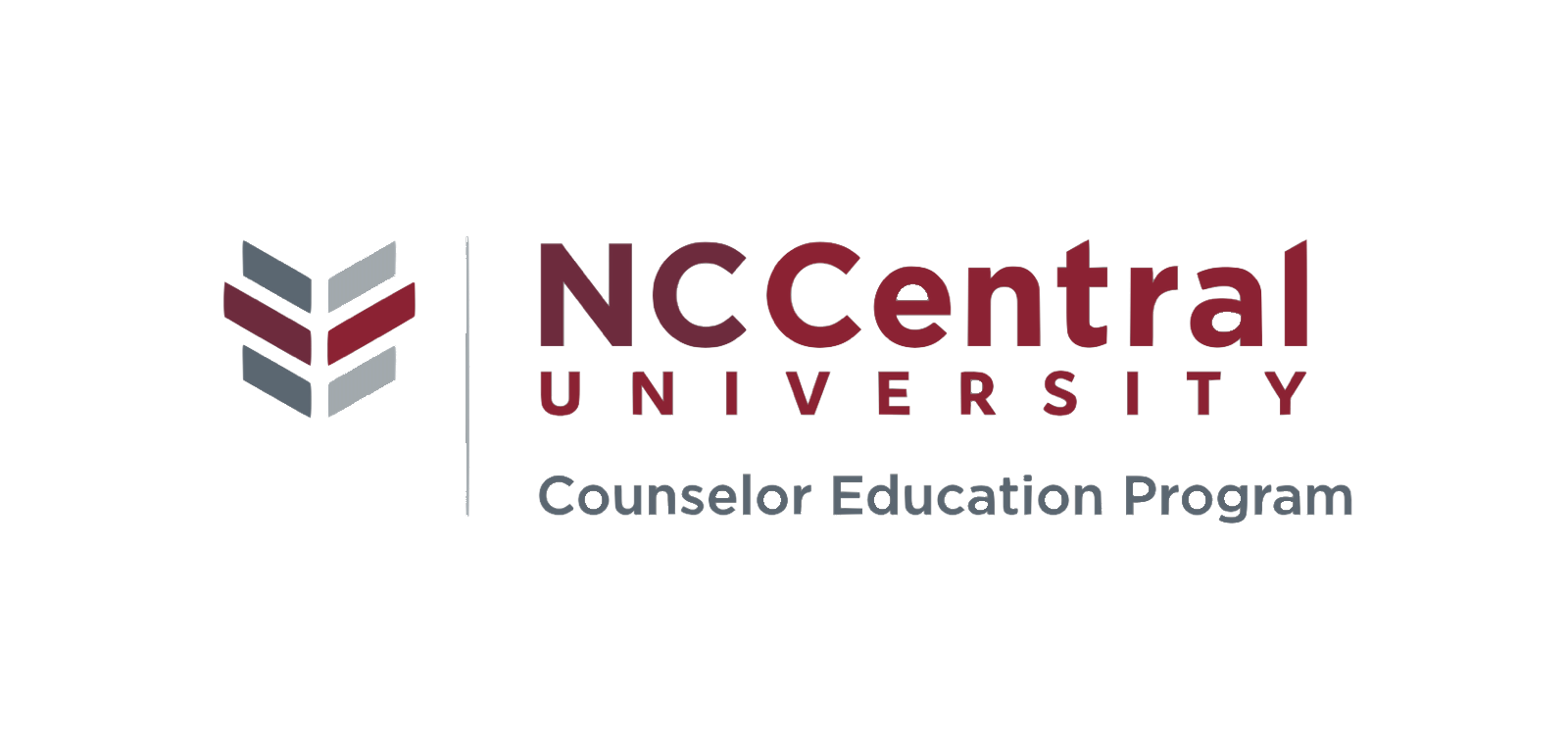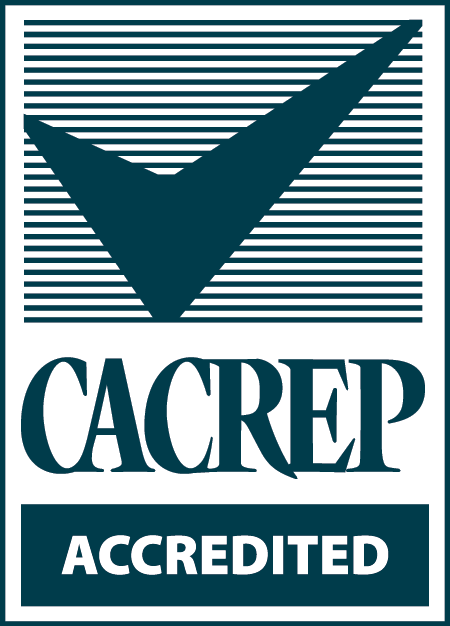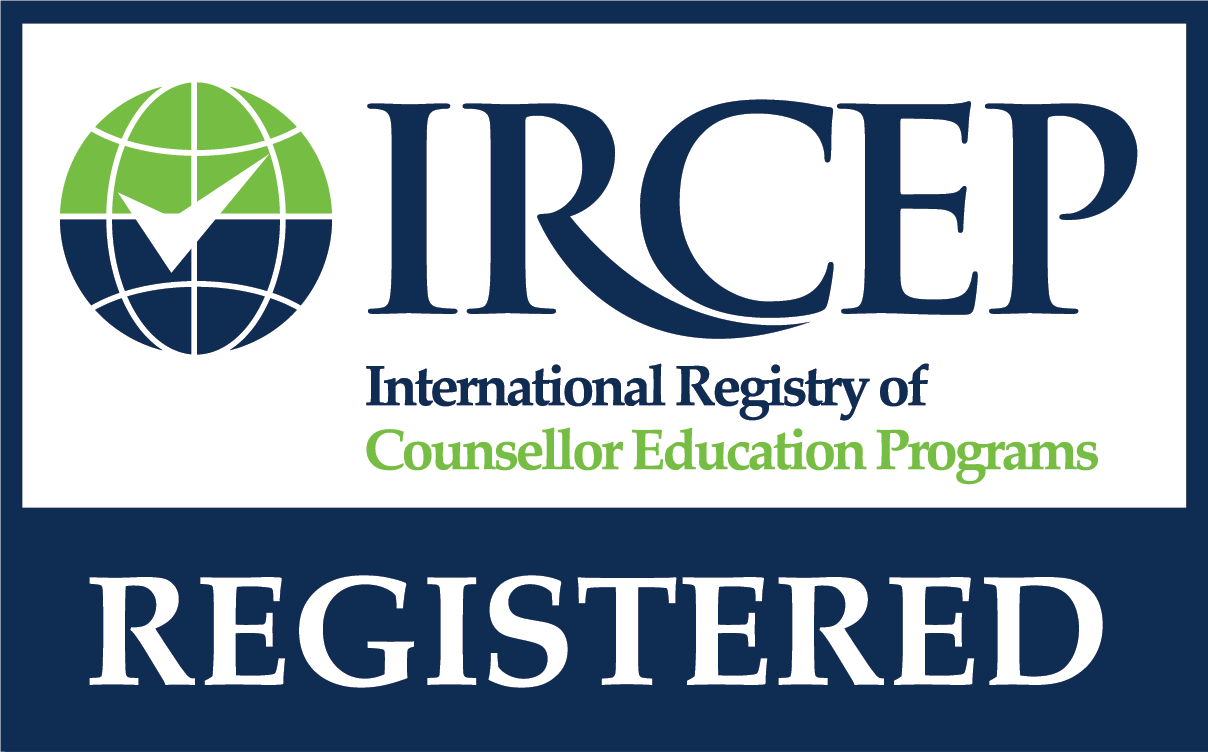The NCCU Counselor Education Program is committed to admitting, retaining, and graduating students who are a good fit for the nature of the work of being a capable counselor. We have university policies surrounding academic expectations, GPA, and standing in the program. Each student is assigned an academic advisor who will regularly meet with them for academic planning and performance. Sometimes a student might find challenges with being in the role of a counselor. The student may recognize these difficulties, or they may receive feedback from faculty and others in the field indicating the counseling role may not be the best career option and fit. We are concerned about the well-being of our students and their readiness to engage in the responsibilities and ethics of counseling. The faculty serves as gatekeepers for the counseling profession, meaning we are ethically bound to discern best fit in terms of attitudes, characteristics, skills, judgment, and dispositions. We assess these non-academic but essential factors from the onset of applicant interest in the program and during the application interview.
In some cases, however, dispositions reveal themselves after admission is granted. Faculty discusses the progress of each student on a regular basis and any concerns are addressed with a plan of action for remediation and re-evaluation. The program also has formal points of review. One critical evaluation occurs at the Mid-Program Review which occurs as the student is moving from Pre-Practicum into Practicum. This review allows the faculty to endorse students for readiness to engage in field supervision. If the student is not assessed as ready for site placement, a remediation plan is put into action with a written contract specifying what needs to be done and within what timeframe. The advisor serves as the contact person as the action plan unfolds. Additionally, the Counselor Education program has a committee structure to evaluate student conduct and progress. This assigned committee convenes when dispositional issues emerge. It is the responsibility of this committee (Disposition Review Committee) to specify the remediation plan and outcome.
It is important that you understand the critical nature of the dispositions factor. As gatekeepers, faculty use best judgment in protecting the public from any questionable characteristic or behavior of a counselor-in-training that could impair professional and ethical service to clients. Faculty will give direct feedback when necessary and will direct the student toward resources that could help the student develop greater fit or redirect his/her career direction. The action plan could include not allowing the student to move ahead into supervised field experience. Faculty works with any student who is assessed to have these kinds of difficulties and options for remediation and remedy are given to the student with an appropriate timeframe before another evaluation is made. If at any time during the student’s training, faculty receive information about unethical professional behavior or if the student is unwilling to comply with the requirements of the stated remediation plan in order to address fit for service, the student can be dismissed from continuation in the program.
Counselor-in-Training Disposition and Behaviors
Counselor professional values provide a conceptual basis for ethical principles. These principles are the foundation for ethical behavior and decision making of counselors and counselors-in-training. The fundamental principles of professional ethical behavior are
- autonomy, or fostering the right to control the direction of one’s life;
- nonmaleficence, or avoiding actions that cause harm;
- beneficence, or working for the good of the individual and society by promoting mental health and well-being;
- justice, or treating individuals equitably and fostering fairness and equality;
- fidelity, or honoring commitments and keeping promises, including fulfilling one’s responsibilities of trust in professional relationships; and
- veracity or dealing truthfully with individuals with whom counselors come into professional contact.


